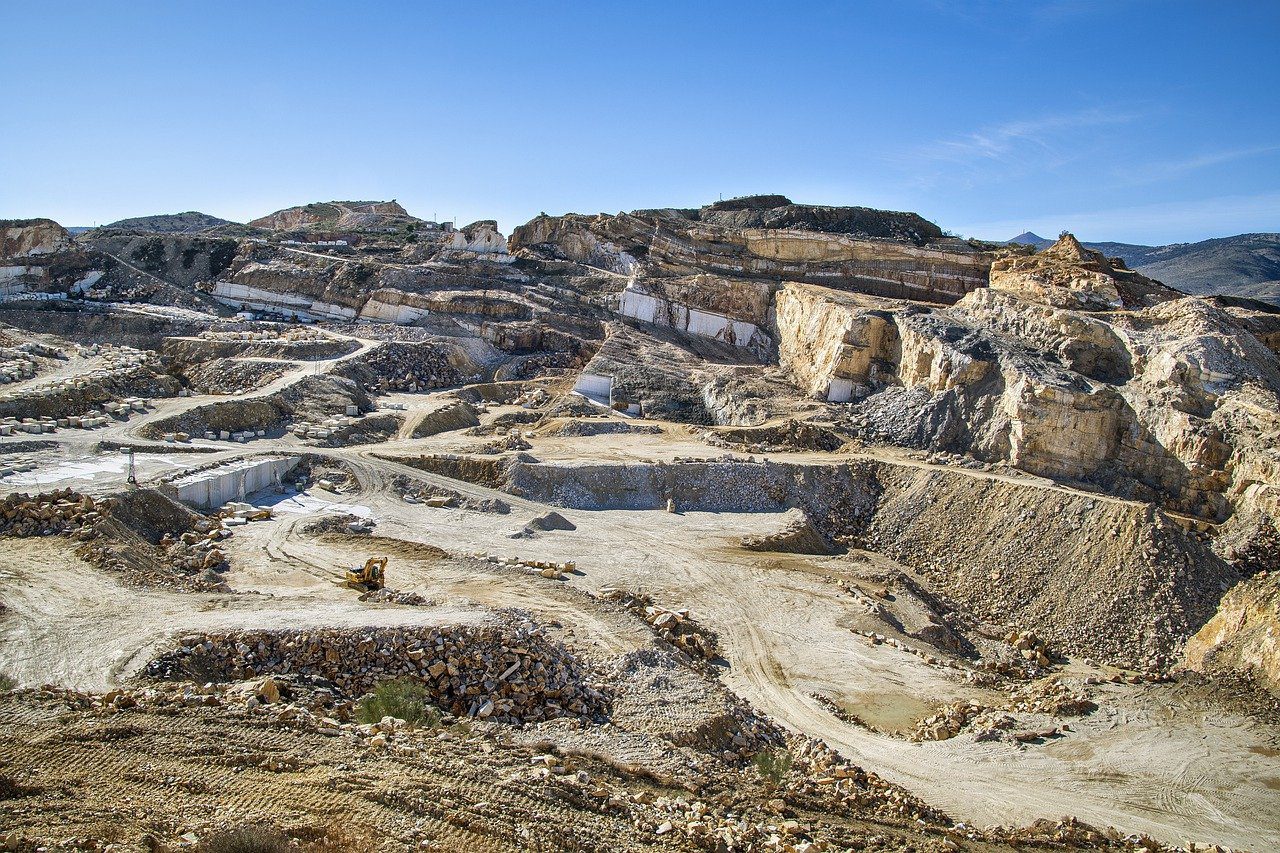
Cobalt miners seeking to expand in Congo face human rights accusations
Mounting demand for cobalt has multinational mining companies restarting and expanding mines in the Democratic Republic of Congo, where reports of human rights abuses persist.
Mining giants operating in the region say they have made efforts to ensure their products are free of human rights abuses in the years following a 2016 Amnesty International report on child labor and forced labor within the DRC’s cobalt mining sector. Cobalt is a metal used in many of the rechargeable batteries crucial for the low-carbon energy transition and demand has been skyrocketing in recent years, resulting in efforts to expand DRC mining operations.
At the same time, mining companies have tried to allay concerns from investor activists and customers unwilling to be a party to the kinds of human rights violations documented by watchdog groups. At least some cobalt buyers appear to be appeased by the actions of the biggest miners, even as they have avoided small-scale mining companies at the heart of last decade’s scandal.
Even the largest miners have come under renewed scrutiny, such as Swiss mining giant Glencore PLC and Chinese mining company China Molybdenum Co. Ltd. A report issued in late 2021 by a pair of watchdog groups called out the bigger mining companies for low pay, limited healthcare and discrimination. The companies said they are adhering closely to international standards, and promise they treat their Congolese workers fairly.
“As always, cobalt comes with a variety of challenges,” said Adam McCarthy, president of the Cobalt Institute, a trade association representing cobalt companies, including the largest multinational companies operating in the DRC. “What we see is that members do follow local labor requirements, rules and regulations, and in doing so, enforce those regulations on their sites.”
